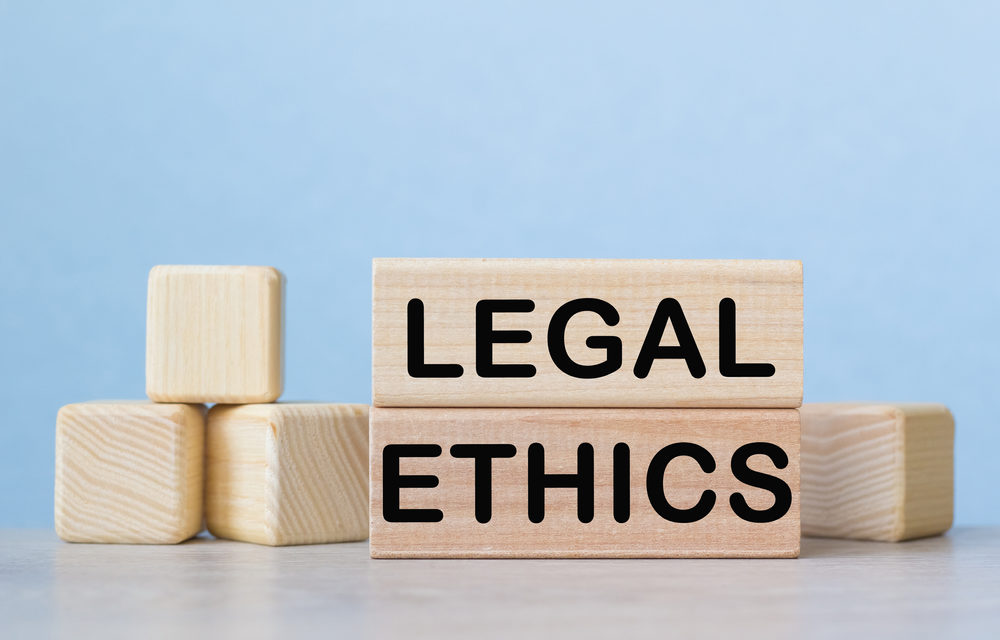All professions evolve over time to meet the needs of clients, technology, and the overall industry. The legal ethics of immigration law is no different. Since AILA was first formed 75 years ago, ethics language has changed, among other things, it has become more welcoming to women, and prohibitions on advertising and other competitive activities have been loosened. It’s no longer the wild west of ethics, where “gentlemen” were expected to regulate themselves with an understood code of behavior. At the same time, some things have remained the same…
What has stayed essentially the same? The duty to maintain trust accounts and the prohibition against mingling funds still stands today, as does the importance of maintaining lawyer integrity. The intent of the Canons to help the legal profession ethically manage their practice still holds true today, even though the rules have changed over the years.
Why should we care how legal ethics has evolved? Because it is not where the hockey puck is now, but where it is headed in the future. Legal ethics can change based on societal changes. Take for example the possible future of Rule 5.5 – attorneys can get a bar license in one state and practice in any state. This is how legal ethics can progress.
Being aware of and understanding the history of something often brings it more to “life” for us. If you agree, we’d recommend you take a look at a recent AILA resource which covers the evolution of legal ethics in immigration practice: How Legal Ethics Has Evolved in Immigration Practice.







